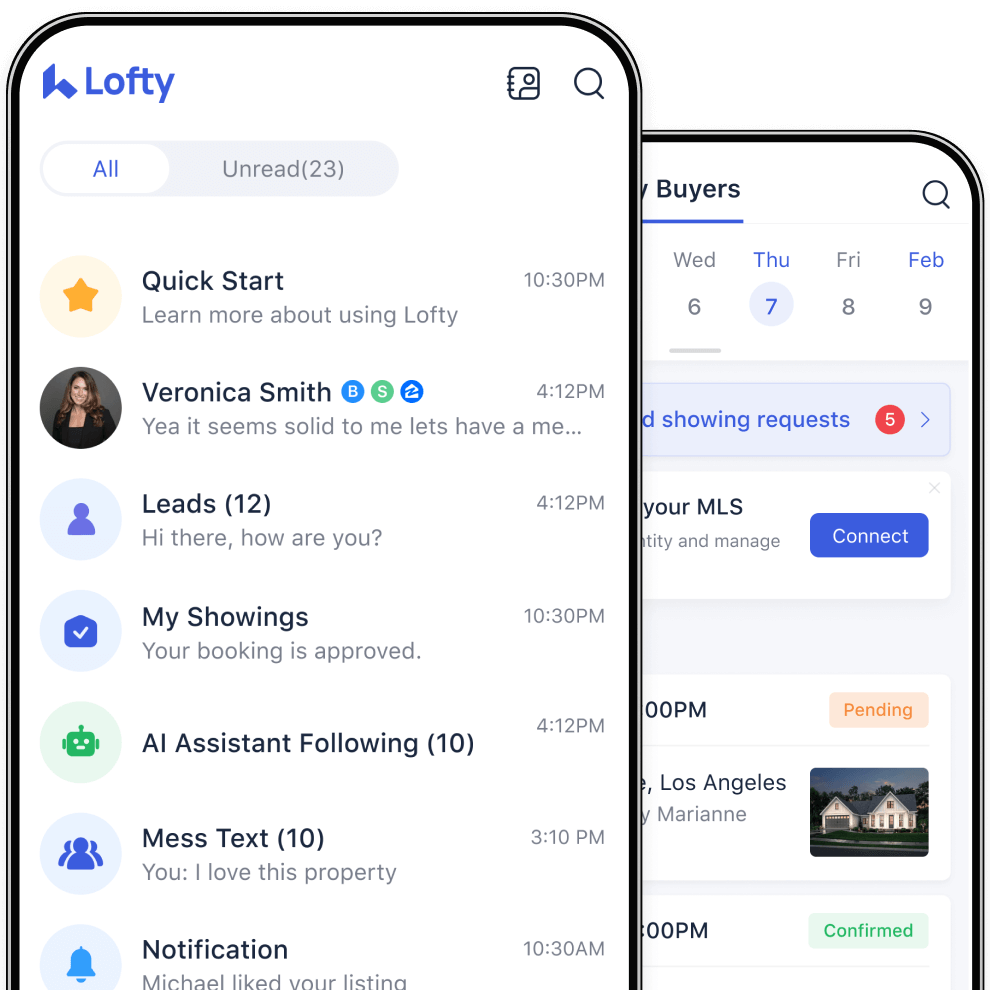How to Handle Negative Online Reviews: A Guide for Agents

Online reviews are not only a fact of life, they are also an important part of marketing yourself as a real estate agent. According to the 2016 Local Consumer Review Survey conducted by BrightLocal, 84 percent of people trust online reviews as much as a personal recommendation. It’s critical for all real estate business professionals to promote online reviews and to learn how to handle negative feedback effectively.
Why Agents Receive Negative Reviews
The world of real estate can be overwhelming for your clients, which is why they hired an expert like you. Being a real estate agent looks easy because consumers don’t understand what you do. A lot of your job functions come as a surprise, and surprises aren’t always great for business. Below are the three most common sources of negative reviews.
1. The Agent Didn’t Listen
The agent didn’t listen to a buyer’s wish list, and instead showed homes which appeared to the client to bring in the most commission. Showing homes out of budget is a common theme on HGTV, but outside of television, it has the potential to breed distrust.
2. The Agent Wasn’t Responsive
The agent didn’t return telephone calls, respond to texts, or emails. Instead, they took a listing and left the client in the dark. Unresponsiveness tells the client his or her time isn’t valuable.
3. Surprise Fees and Hidden Costs
Make sure your clients understand the value you bring to the transaction. Transparency between yourself and your clients includes information on all the associated costs, including fees, during the buying or selling process. Nobody likes hidden costs so make sure you outline what your clients will expect to pay ahead of time.
How to Handle Negative Online Reviews
Here are the guidelines that you can use to make sure negative reviews don’t impact your business.
1. Remain Calm
You know you work hard for every client, but buying and selling real estate is an emotionally-charged transaction, regardless of the circumstances. So the first thing to do when you read a negative review is to stay calm and take the comment seriously. Getting into a shouting match online is never a good idea!
2. Always Respond
Never let a negative comment go unanswered. First, it leaves the client who made the comment feel justified. Second, you’re missing an opportunity to display your professionalism to everyone reading your online reviews.
3. The Apology & Making It Right
You have a bigger challenge than a retail outlet. A retailer can offer to replace the product or refund the purchase price. In real estate, clients usually make comments after a transaction is completed. At that point, there’s no product to replace, and it’s not feasible to refund your fee or redo the transaction. However, there are other ways of making things right for an unhappy client, depending on the nature of the issue.
Avoid sending a quick excuse or apology. For example, “I’m sorry you weren’t satisfied with my services. I’ve been in business for 20 years and have hundreds of happy clients,” is incorrect. Excuses deflect blame and quantifying accomplishments tells the unhappy client their time was insignificant from your perspective.
Instead, consider sending a personalized message, “I know how frustrating it is when you think a transaction takes longer than it should. From our last conversation, you mentioned Steve’s Seafood was your favorite local restaurant, so please have dinner on me while I contact the buyer’s representation.”
Alternatively, “It’s the buyer’s responsibility to let all of us know if the refrigerator isn’t working. But, if you’re having problems with it, let’s get together and see what needs to be done to fix it. I have a great relationship with a contractor and I want to orchestrate the fastest solution to help you.”
Personalizing messages shows the client you listen, and talking through the issue by offering potential solutions demonstrates your commitment to problem solving.
4. Quickly Take the Discussion Offline
Always respond to the negative review promptly and professionally, but make sure to quickly take the discussion offline and away from public eyes. Make sure to contact the client offline first with a phone call and second with a follow-up email.
Lastly, know the best offense is a strong defense! Protecting your brand and business beings with proactive problem solving and addressing issues before they arise. Remember: Every business receives negative reviews, but how businesses react sets apart the good from the great. Make sure you examine potential pain points, react swiftly, and respond professionally.
Learn more how Chime can make customer relations effortless by scheduling a demo today.
